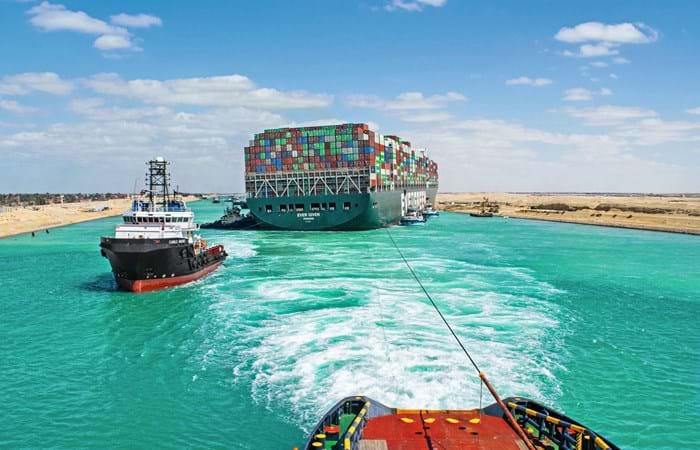Our salvage operations are deployed to rescue distressed vessels and their cargo, thereby averting serious environmental damage to the marine environment.
Life below water
Wrecked or damaged ships can release bunker oil, lubricants or other potentially harmful substances into the marine environment. We actively support ship owners, insurance companies, port and terminal operators, oil & gas majors, as well as authorities and classification societies to prevent or minimize the seriousness of incidents. When an incident does occur, we aim to minimize spill damage by removing or containing the pollutants. We do this by providing emergency response assistance, re-floating grounded vessels and containing or removing polluting cargoes or bunker fuel.
On average, our Emergency Response and Wreck Removal teams respond to nearly 60 incidents a year. Over recent years we have prevented an average of around 285,000 tons of (refined) oil products and approximately 910,000 tons of hazardous cargo from spilling into our oceans and seas.
Strengthening our contribution
This element of our business contributes towards the delivery of SDG 14, Life Below Water. Recently, we have developed our salvage techniques and safety practices specifically for the purpose of tackling vessel fires caused by lithium batteries. Boskalis is called with increasing frequency to such incidents, which can have serious safety implications for crews and result in significant environmental impacts. We have also focused our efforts on investigating and developing techniques for the effective containment and removal of plastic nurdles where they have been spilt into the marine environment. Containers carrying large quantities of this raw product may either be lost overboard or broken up during an incident, from where nurdles can enter the marine food chain and damage coastal ecosystems
